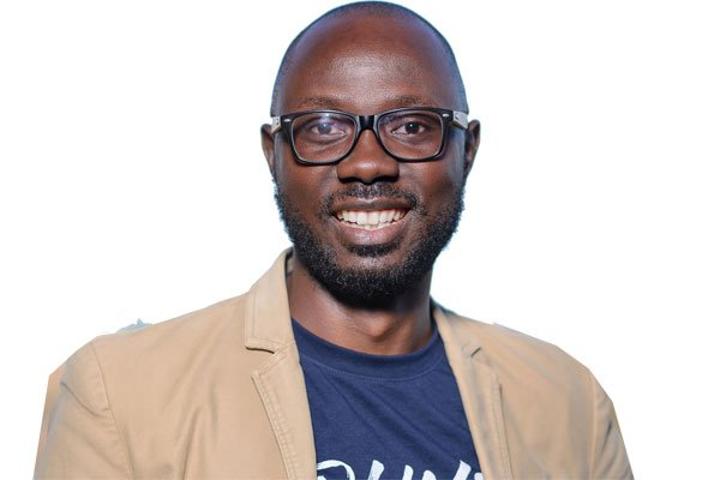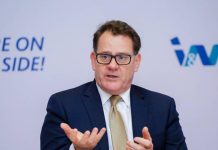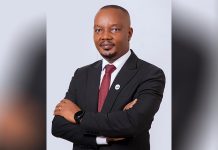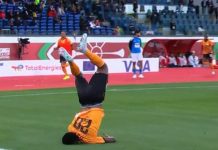Africa-Press – Uganda. There is a little experiment to teach people about stereotypes and prejudices that I learnt from the brilliant Patience Atuhaire, of the BBC. You basically mention different places/people and have participants write or say the first thing that comes to mind.
I was in Karamoja last weekend, with the Mountain Slayers, climbing Mount Morungole. It is one of the really scenic marvels of nature in Karamoja, that the rest of the world – let alone Uganda – knows so little about.
It is a grueling 12-hour bus drive, if you limit your stopovers to a bare minimum. But if you aren’t in a hurry and know how to have a good time on the road, in only the way that the “Slayers” know how to, it could take up to 16 hours.
To pass time, I decided to read a compilation of essays by the revered African literacy titan, Chinua Achebe, published under the title The Education of a British-Protected Child. It turned out to be a great book choice, because the day after we returned, my grandmother, Abwoli, asked: “But what exactly is it that you are looking for in that place?”
The question was posed in Rutooro, so its phrasing might have been different, but it wasn’t without context, considering that this was my third visit to the region – all courtesy of the Mountain Slayers hiking community.
Yet in answering it, I found that I needed to offer a lot more about the region to someone who had never been there. But this got me asking e how much I knew about the place and its people, and therefore, what right I had to frame them for my 88-year-old grandma. Never mind that I have been through Kaabong, Moroto, Napak, Nakapiripirit, and Amudat districts, which form the bulk of the region’s administrative units.
If you are a product of Uganda’s and Africa’s education system, then you are familiar with the narrative about John Speke, David Livingstone, Mungo Park or some Muzungu, having “discovered” some river, lake or mountain – and consequently gone on to name it after whatever and whoever they fancied. We usually rile about this framing in our curriculum, often joking that John Speke couldn’t possibly have discovered the Source of the Nile in Jinja, yet Basoga – and others before them – had inhabited the place for eons.
In one of the essays, published in 1998 – Africa’s Tarnished Name – Achebe, uses a line I had never seen before. He says: ‘The Portuguese captain, Diogo Cão, who discovered the river (Congo) for Europe in 1482…”. It’s easy to miss the “for Europe” in his sentence, yet with it in there, what and how we learn and believe about Africa changes drastically.
So, sometimes when we talk about curriculum reforms, all we might have to do is make a few edits to phrasing and the narrative about who we might significantly change – for the good of all. Having read that essay, I was wiser in how I detailed Karamoja to my grandmother, but still felt a certain guilt – for how I had described Karamoja, the first time I visited the region, in 2017.
Back then, writing about my experience of Mt Kadam and Kidepo National Game Park, for friends on Facebook, I had waxed lyrical about the place and its undulating mountain ranges, the captivating marvel of its sunrises and sunsets, and the kinds of clear starry skies that have lovers spellbound. Yet, typical of the kinds of institutionalized prejudice that many of us have about Karamoja, I had also called the land “undiscovered”.
That time, Angelo Izama, always unassuming, had called me out on it, noting that we needed to be more intentional about perpetuating stereotypes, especially those that are based on ethnicity, race and religion – and in Karamoja’s case, systemic exclusion reinforced by a narrative of “otherness”.
When you see hordes of Karimojong children begging on streets of major towns and wonder, with irritation, ‘Why them?’. You might have visited and wondered how the region is so poor; or why you needed to use the bush because you couldn’t find a toilet.
Do you ever consider the decades of systemic repressive and exclusionist policies that countered their social norms, as political events unfolded around them? Do you wonder how deprivation, a redefinition of their boundaries by colonialists, the war in Sudan, dispossession of land by successive governments have shaped who they are, what we see today?
Mr Rukwengye is the founder, Boundless Minds. [email protected]






